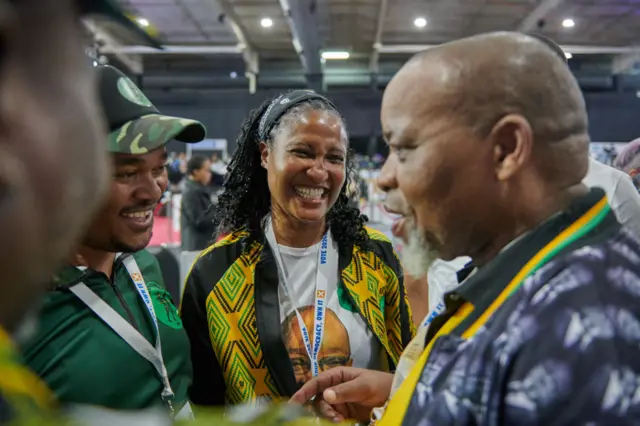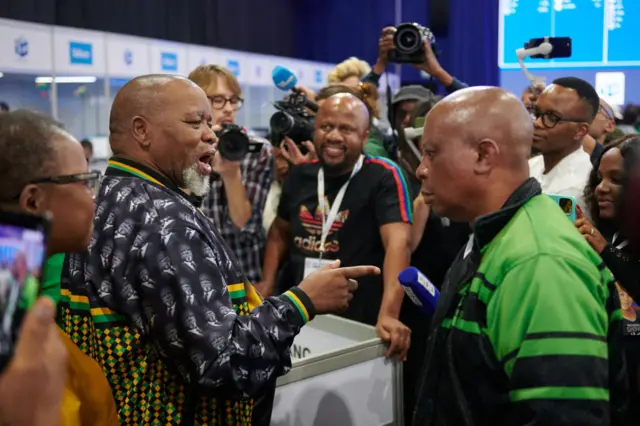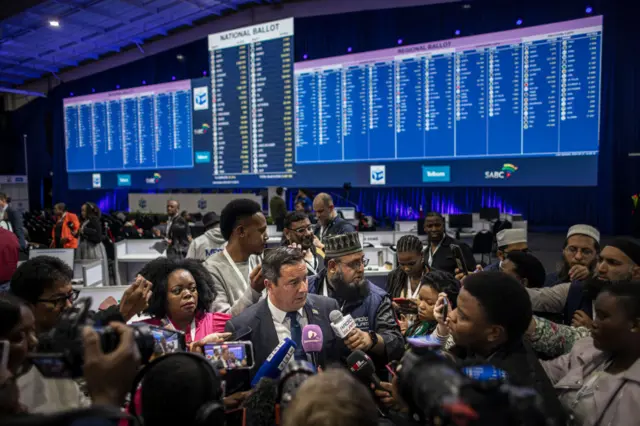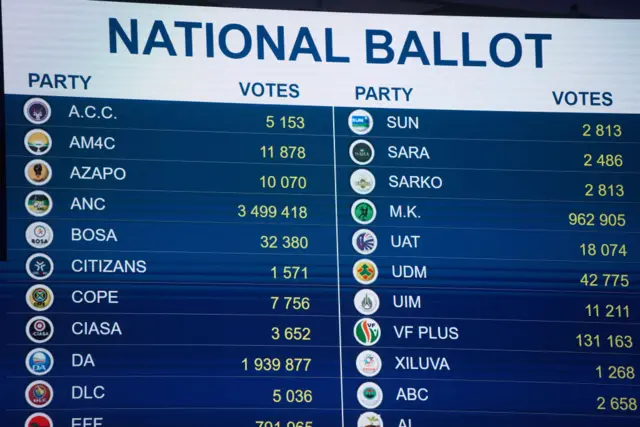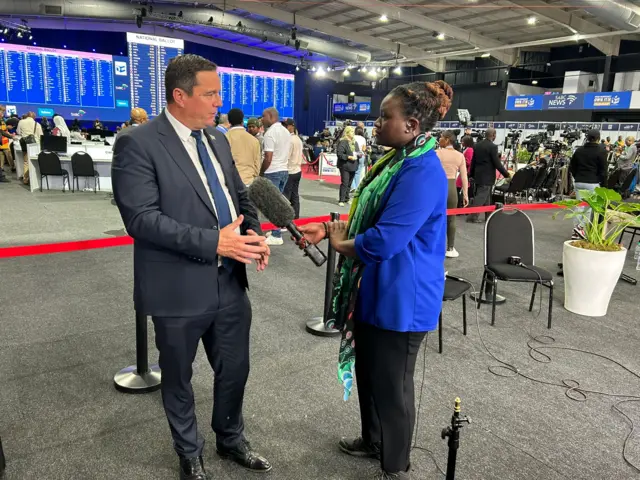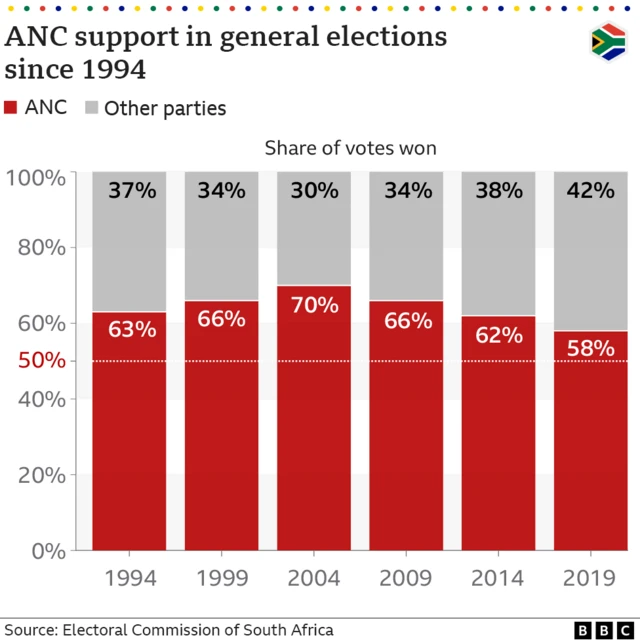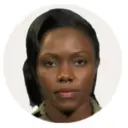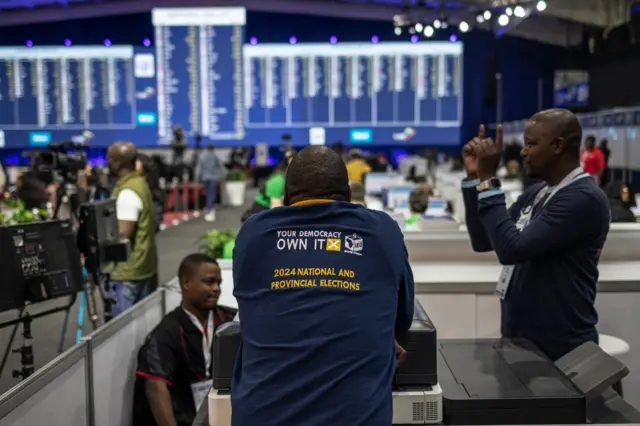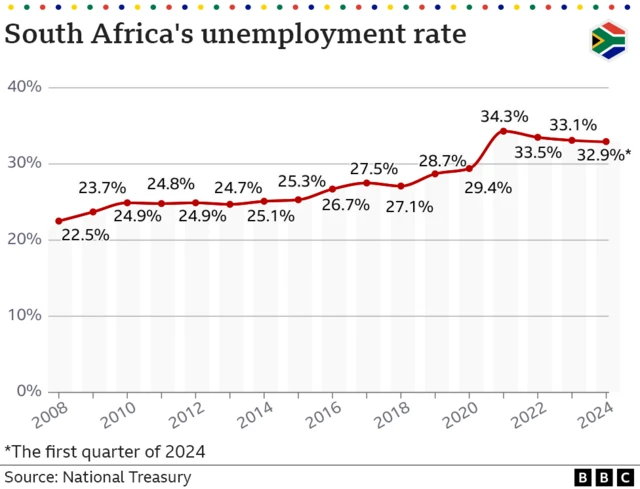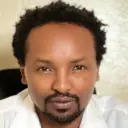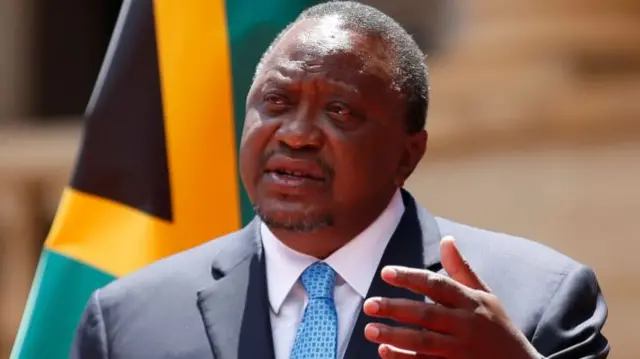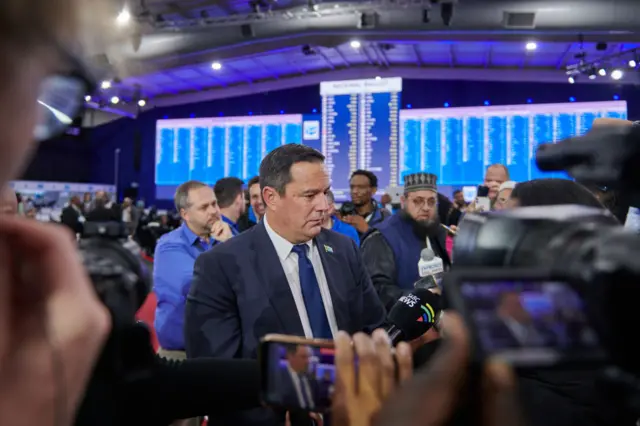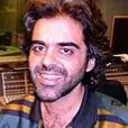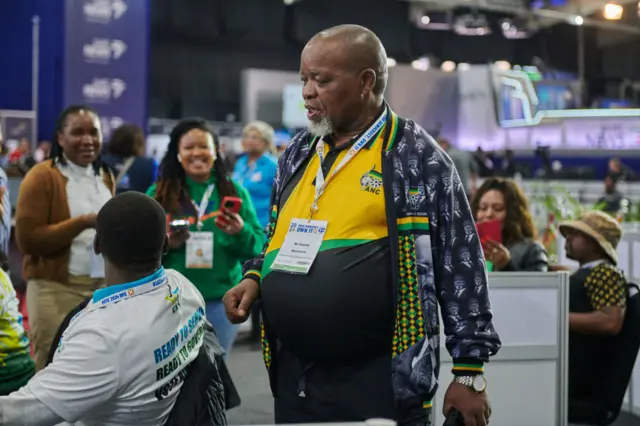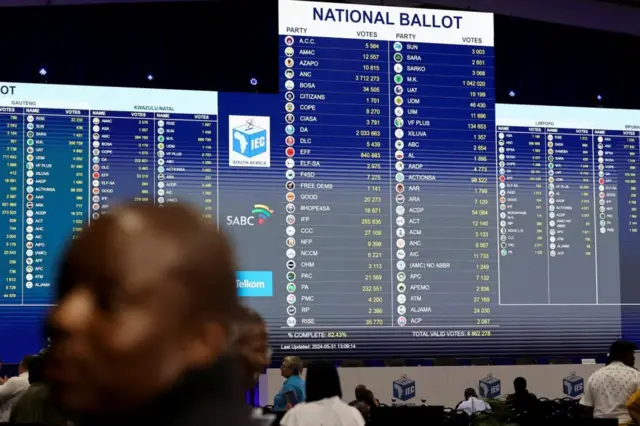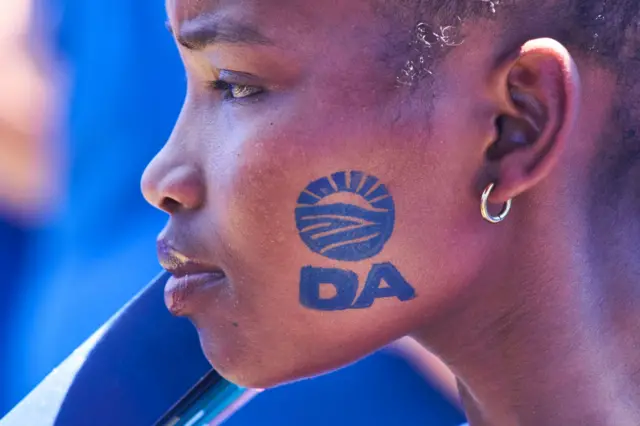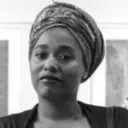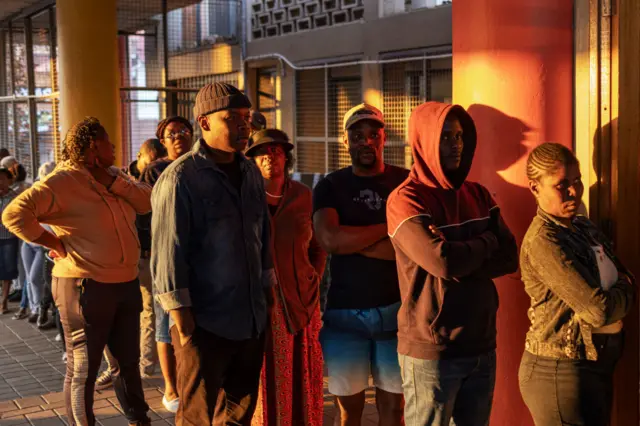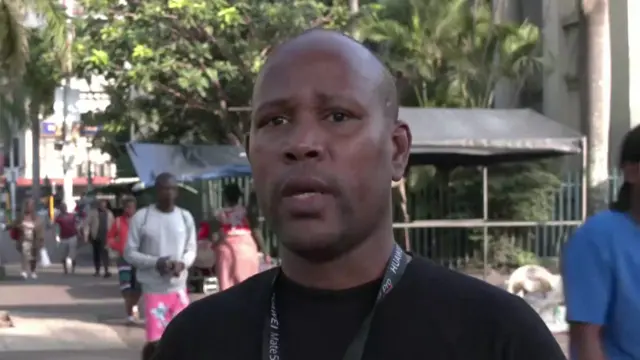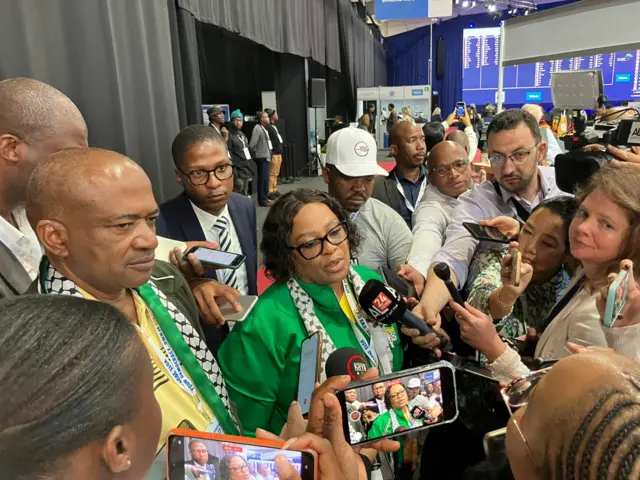ANC will talk to parties with 'common policy fundamentals'published at 17:26 BST 31 May 2024
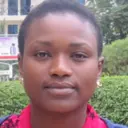 Catherine Byaruhanga
Catherine Byaruhanga
BBC News, South Africa national results centre
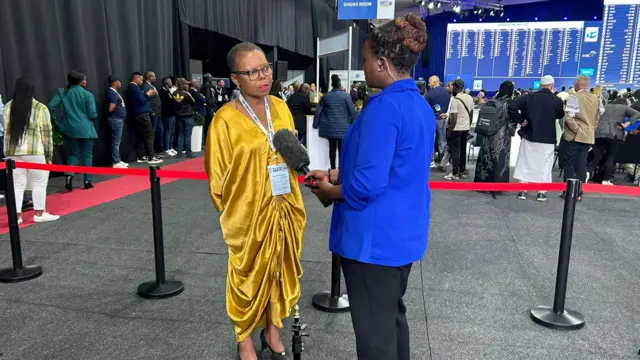
Despite the predictions and the fact that the ANC's vote share so far has barely moved from 42% all day, the party is still not talking about the result.
"Do you accept that your party has lost its majority in parliament?" I asked ANC national spokeswoman Mahlengi Bhengu-Motsiri.
"We are still keeping a watching brief," she replied, "the counting has not ended".
So no talk of coalition partners?
"I cannot make that call until it is internally processed. We will speak to parties where there are common policy fundamentals that we share," the spokeswoman said.
She added that the party will hold a press conference on Saturday afternoon with reaction to the election outcome.
But, "regardless of the outcome, we're confident of the clean and a positive campaign that we have run, confident of the work we've done since 1994", she said.
She also praised the strength of the democratic culture in South Africa.
